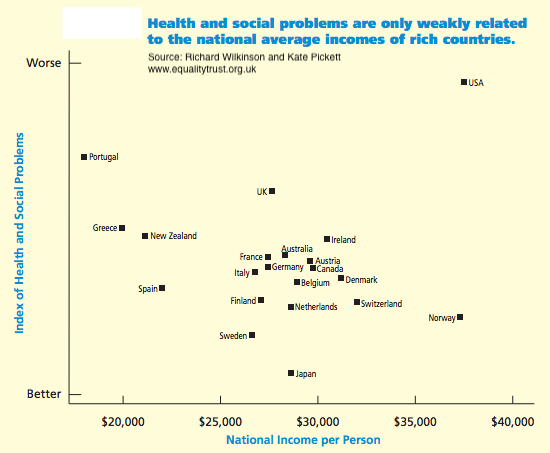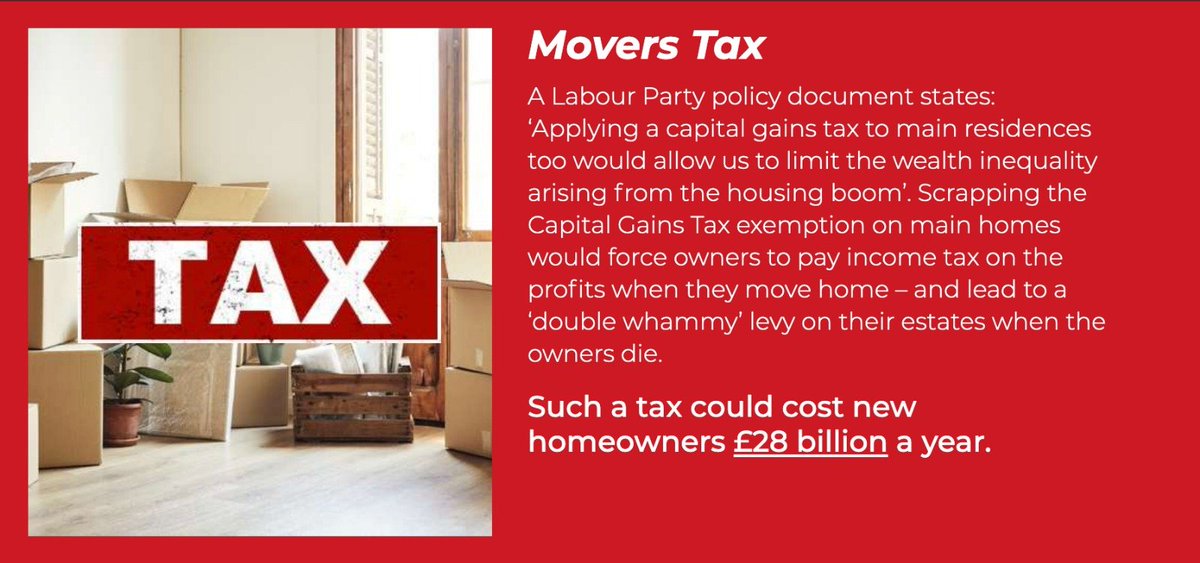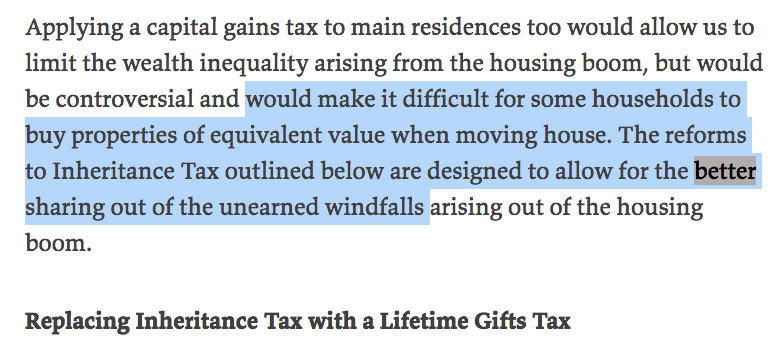
I wrote this for @openDemocracy b/c I was fed up of green growthers & degrowthers talking past each other.
Those who care about environmental & economic justice on both sides of this debate are closer than they think to consensus...
THREAD
1/
bit.ly/2JK0vz9
Those who care about environmental & economic justice on both sides of this debate are closer than they think to consensus...
THREAD
1/
bit.ly/2JK0vz9
Everyone acknowledges now that GDP is a poor measure of progress.
According to recent #Reset report 2/3 of public want gov't to prioritise health/wellbeing over GDP (bit.ly/3hzKiYk)
This isn’t gonna happen while our economy is dependent on growth for its stability.
2/
According to recent #Reset report 2/3 of public want gov't to prioritise health/wellbeing over GDP (bit.ly/3hzKiYk)
This isn’t gonna happen while our economy is dependent on growth for its stability.
2/

The way our current is set up, if GDP flatlines or contracts, we topple into crises of unemployment, debt, inequality and hardship.
Fear of the consequences of falling GDP is like a straitjacket on policymakers.
It badly impeded our response to Covid-19, for example.
3/
Fear of the consequences of falling GDP is like a straitjacket on policymakers.
It badly impeded our response to Covid-19, for example.
3/
But our vulnerability in face of GDP contraction is not inevitable.
There are 4 interrelated factors underpinning our growth dependence:
-the extractive power of rentiers
-the disempowerment of workers
-private sector over-indebtedness
-failure to safeguard basic needs
4/
There are 4 interrelated factors underpinning our growth dependence:
-the extractive power of rentiers
-the disempowerment of workers
-private sector over-indebtedness
-failure to safeguard basic needs
4/
Tackling these problems is an emancipatory project that would reduce the precarity & exploitation experienced by millions.
It wouldn't foreclose the possibility of green growth. It would simply make us resilient in the face of GDP contraction.
Who could object to that?
5/
It wouldn't foreclose the possibility of green growth. It would simply make us resilient in the face of GDP contraction.
Who could object to that?
5/
Obviously ending our growth dependency is not enough to maintain a habitable planet.
We also need unprecedented investment in renewable technology & public infrastructures.
Degrowthers & green growthers can agree on this (see bit.ly/33OeNpe by @Gareth_Dale)
6/
We also need unprecedented investment in renewable technology & public infrastructures.
Degrowthers & green growthers can agree on this (see bit.ly/33OeNpe by @Gareth_Dale)
6/
And to ensure that the good stuff actually REPLACES the bad stuff we need robust regime of resource caps, taxes®ulations that gradually tighten until we're back within fair share of ecological space.
Again, not controversial for anyone who cares abt environmental justice.
7/
Again, not controversial for anyone who cares abt environmental justice.
7/
(For growth to be genuinely green, it would have to take place within such limits. If green growth advocates oppose tough limits, this would suggest that their confidence about the feasibility of decoupling GDP growth from environmental impact is disingenuous.)
8/
8/
So if we are all agreed on the need to
-scale up the good stuff (pursue decoupling)
-scale down the bad stuff (pursue tough environmental protections)
-& end our growth dependency (I mean, why wouldn't we?)
...then isn't it time to shake hands/bump elbows & get on with it?
9/
-scale up the good stuff (pursue decoupling)
-scale down the bad stuff (pursue tough environmental protections)
-& end our growth dependency (I mean, why wouldn't we?)
...then isn't it time to shake hands/bump elbows & get on with it?
9/
"But HOW do we end our growth dependence?" you ask.
Good Q. I cover the basics here bit.ly/2JK0vz9
Or a more thorough run down here bit.ly/3qBXMID inc proposals for how to get started as part of Covid-19 recovery.
But if you're reeally short of time...
10/
Good Q. I cover the basics here bit.ly/2JK0vz9
Or a more thorough run down here bit.ly/3qBXMID inc proposals for how to get started as part of Covid-19 recovery.
But if you're reeally short of time...
10/
..here's the elevator pitch:
1) EMPOWER WORKERS TO WIN REDUCED WORKING HOURS
Conventional economic wisdom says we must stimulate consumption growth to maintain employment in face of automation etc. But there's a better way: share out the remaining work. bit.ly/37NklBu
1) EMPOWER WORKERS TO WIN REDUCED WORKING HOURS
Conventional economic wisdom says we must stimulate consumption growth to maintain employment in face of automation etc. But there's a better way: share out the remaining work. bit.ly/37NklBu

Instead of using productivity improvements to drive down prices & sell more, companies could offer workers a shorter working week at a higher pay rate.
This solution will require a major shift in the balance of power in work places (see bit.ly/33IUN7s @Cmmonwealth)
12/
This solution will require a major shift in the balance of power in work places (see bit.ly/33IUN7s @Cmmonwealth)
12/
2) REDUCE EXPOSURE TO DEBT CRISES
High levels of private debt can turn a modest fall in expectd growth rates into full-blown crisis b/c unlike equity that shrinks/grows with fortunes of firm, debts are fixed in nominal terms & if interest isn't paid they grow exponentially.
13/
High levels of private debt can turn a modest fall in expectd growth rates into full-blown crisis b/c unlike equity that shrinks/grows with fortunes of firm, debts are fixed in nominal terms & if interest isn't paid they grow exponentially.
13/
Some proposals for reducing our exposure to private debt here. 👇
(I've tagged the experts who can tell you more :-)
(Worth stressing public debt is not the concern here, not least b/c 42% of it is owed to our own central bank & can be rolled over indefinitely - see Japan)
14/
(I've tagged the experts who can tell you more :-)
(Worth stressing public debt is not the concern here, not least b/c 42% of it is owed to our own central bank & can be rolled over indefinitely - see Japan)
14/

3) TACKLE RENT EXTRACTION
Growth protects privileges of landlords, financiers&other rentiers who extract wealth through control of monopolised&scarce assets.
As long as GDP growth rate is higher than rate of rent extraction this injustice can be masked bit.ly/36QhNn6
15
Growth protects privileges of landlords, financiers&other rentiers who extract wealth through control of monopolised&scarce assets.
As long as GDP growth rate is higher than rate of rent extraction this injustice can be masked bit.ly/36QhNn6
15
But if growth stalls while rentiers continue to extract, inevitable result is rising inequality&hardship.
This dynamic v clear now in UK housing market where tenants r going into debt to protect landlords from taking their share of hit from Covid. See bit.ly/36P9mIwation
16/
This dynamic v clear now in UK housing market where tenants r going into debt to protect landlords from taking their share of hit from Covid. See bit.ly/36P9mIwation
16/

How to diffuse rentier power?
Lowest hanging fruit is probably fairer taxation of capital gains & dividends - see @IPPR's work bit.ly/2VVamo5
See also ideas coming out of @Cmmonwealth right now.
And for reform of land & housing obviously landforthemany.uk :-)
17/
Lowest hanging fruit is probably fairer taxation of capital gains & dividends - see @IPPR's work bit.ly/2VVamo5
See also ideas coming out of @Cmmonwealth right now.
And for reform of land & housing obviously landforthemany.uk :-)
17/

4) SAFEGUARD BASIC NEEDS
Finally, society is vulnerable to contractions in national income b/c many essentials — transport, energy, care — are effectively rationed by price, by ability to pay. Declines in income can thus compromise ability of many to meet their basic needs.
18/
Finally, society is vulnerable to contractions in national income b/c many essentials — transport, energy, care — are effectively rationed by price, by ability to pay. Declines in income can thus compromise ability of many to meet their basic needs.
18/
There is nothing natural about this set-up. Land, water, raw materials, energy resources are gifts from nature. Why do we allow private interests to profit from control of these common resources while ordinary people are denied the most basic share? (see work of @We_OwnIt)
19/
19/
Covid-19 has highlighted the urgent need to strengthen our social security net & invest in the social infrastructure upon which our lives depend.
(See proposals for Minimum Income Guarantee @NEF bit.ly/3glT2lK and #UniversalBasicServices bit.ly/36Q0liy)
20/
(See proposals for Minimum Income Guarantee @NEF bit.ly/3glT2lK and #UniversalBasicServices bit.ly/36Q0liy)
20/
So ending our dependence on growth is about expanding economic democracy, protecting people from the extractive power of rentiers and establishing entitlements to a basic share of our common wealth. It’s about freeing up time for playing, learning & caring for one another.
21/
21/
It's about opening up democratic choice.
When certain forms of economic activity imperil our health and wellbeing, or the living systems upon which we depend, our governments must have the confidence to scale back those activities, without fear of triggering an economic crisis.
When certain forms of economic activity imperil our health and wellbeing, or the living systems upon which we depend, our governments must have the confidence to scale back those activities, without fear of triggering an economic crisis.
That confidence will only be found if we escape our growth dependence.
Naturally, some of us will focus our energies on this challenge, some will focus on the case for technological /infrastructural change, and some on the need for resource caps & environmental protections. 23/
Naturally, some of us will focus our energies on this challenge, some will focus on the case for technological /infrastructural change, and some on the need for resource caps & environmental protections. 23/
Given the scale of the challenge ahead, it is naive to think that any one of these tasks can be neglected.
So let us reach a truce and build a mass movement to take on the real enemies of environmental justice.
The stakes are too high to do anything else.
(END).
So let us reach a truce and build a mass movement to take on the real enemies of environmental justice.
The stakes are too high to do anything else.
(END).
Curious to know what @DeanBaker13 @Matthuber78 @BrankoMilan @DimitriZ @DianeCoyle1859 make of this?
Can you guys see the sense in trying to make our economy more resilient in the face of economic contraction?
Can you see the potential for uniting around a common agenda here?
Can you guys see the sense in trying to make our economy more resilient in the face of economic contraction?
Can you see the potential for uniting around a common agenda here?
• • •
Missing some Tweet in this thread? You can try to
force a refresh







